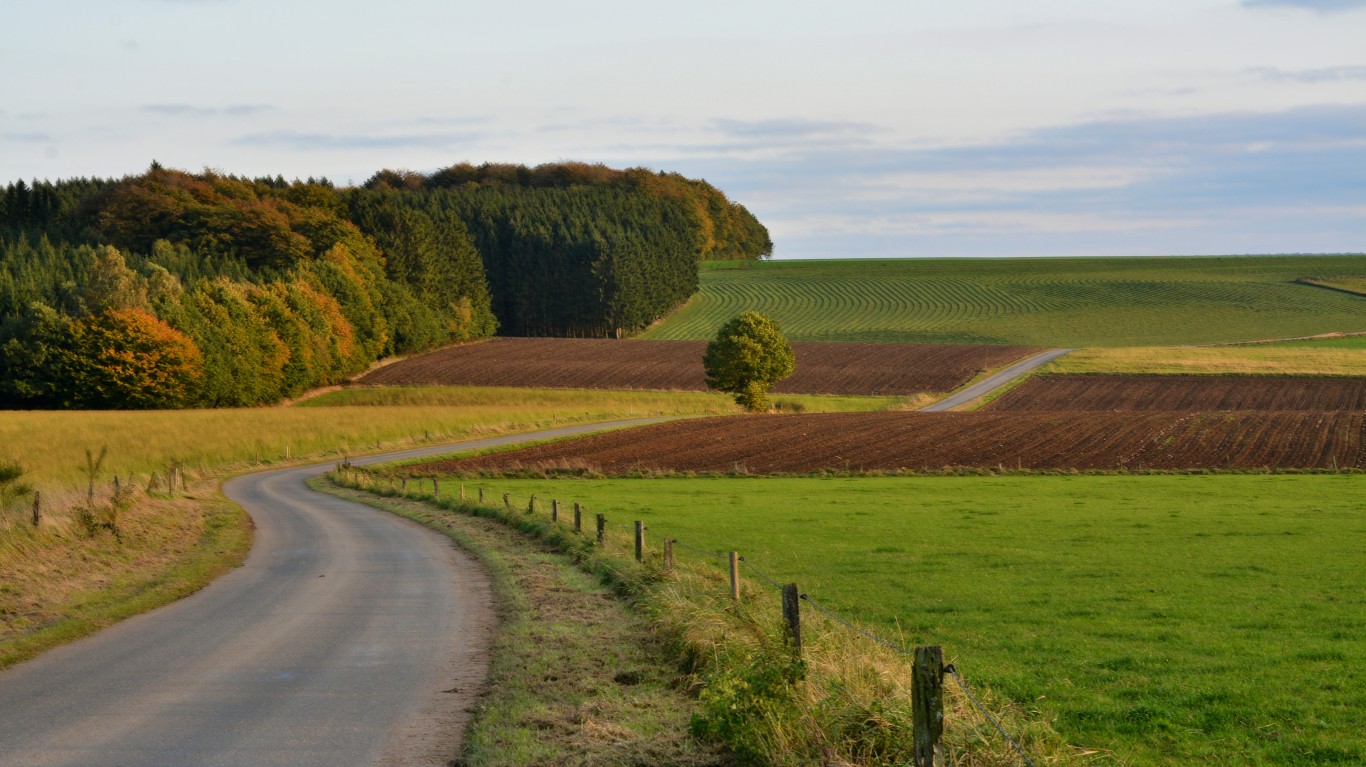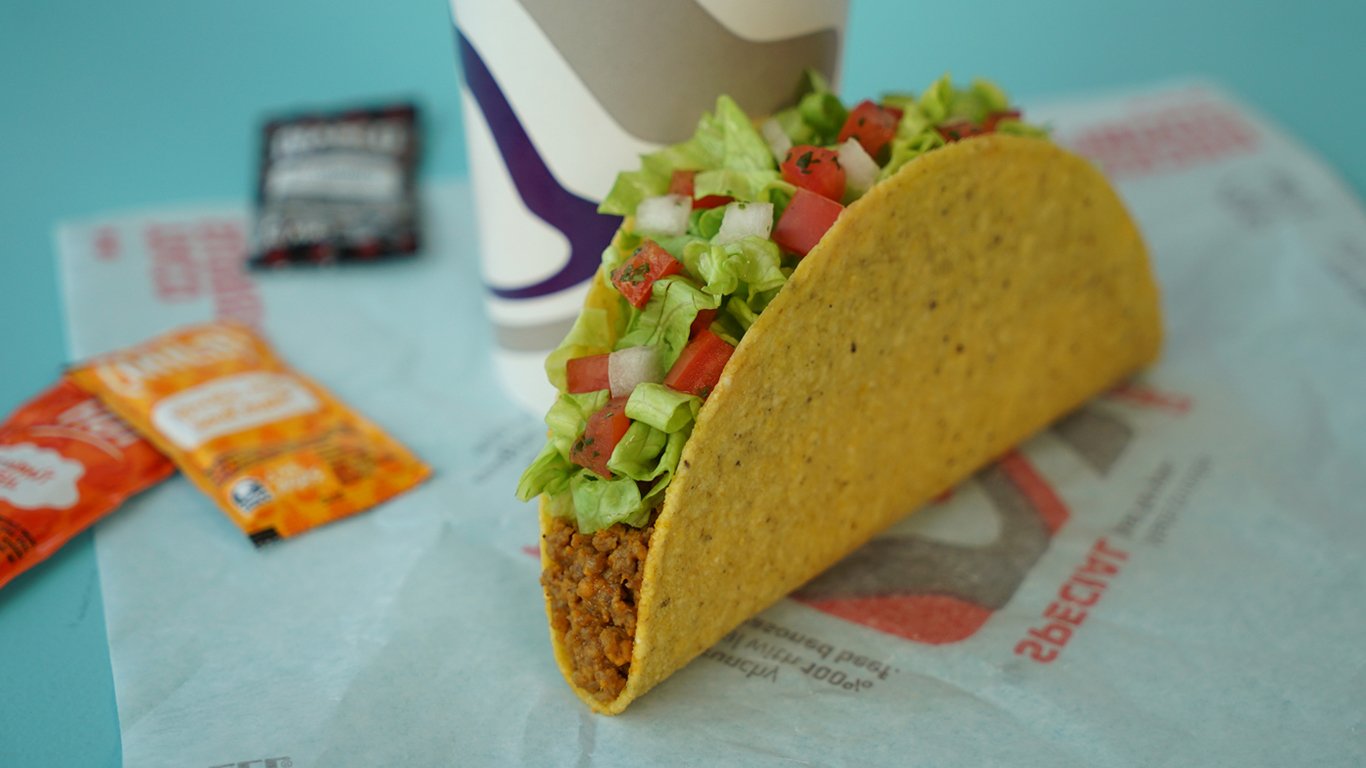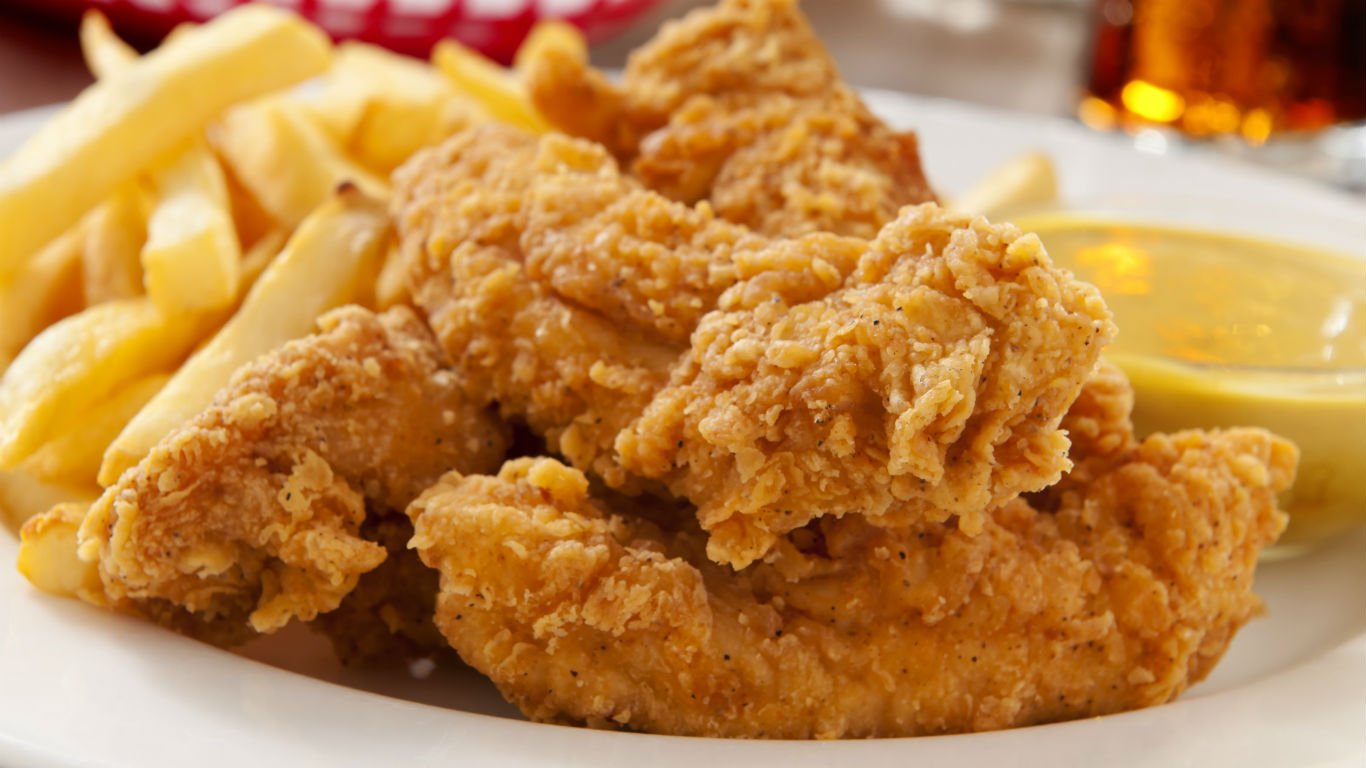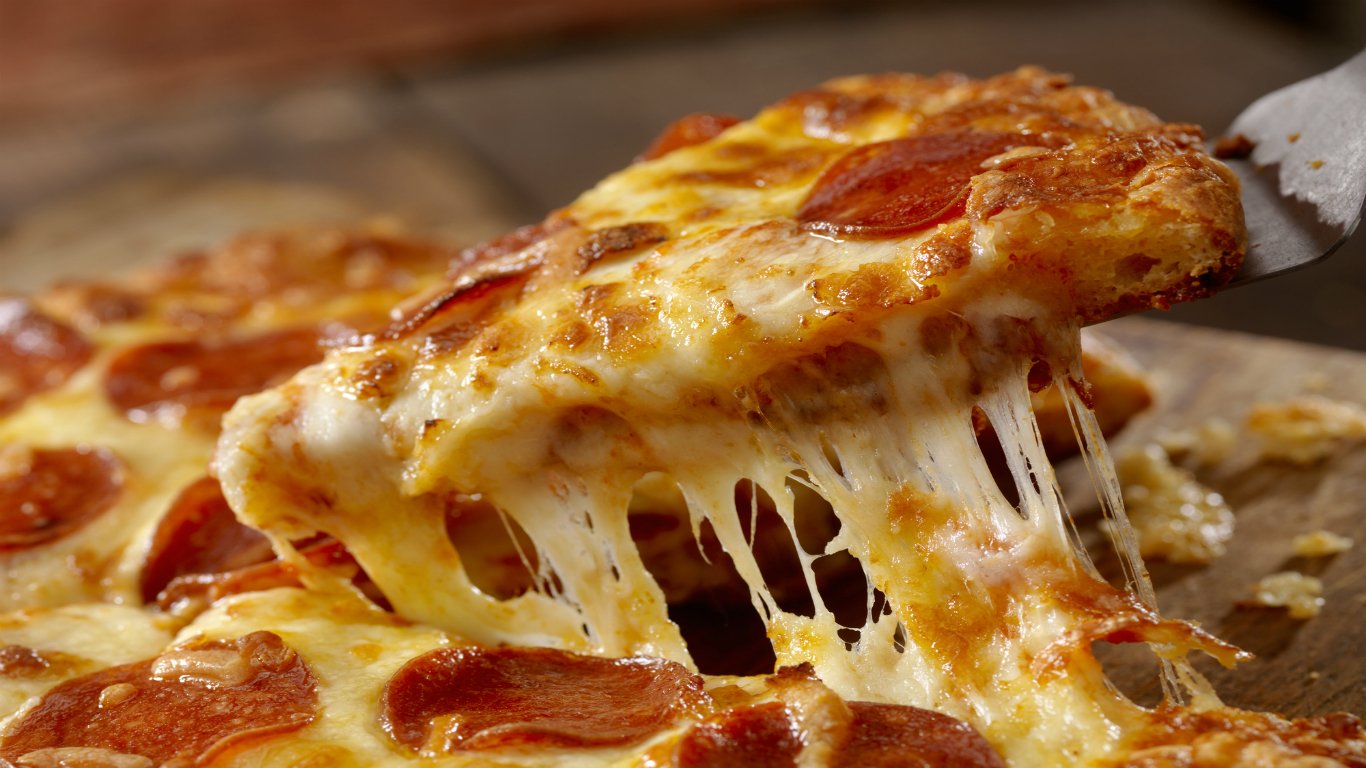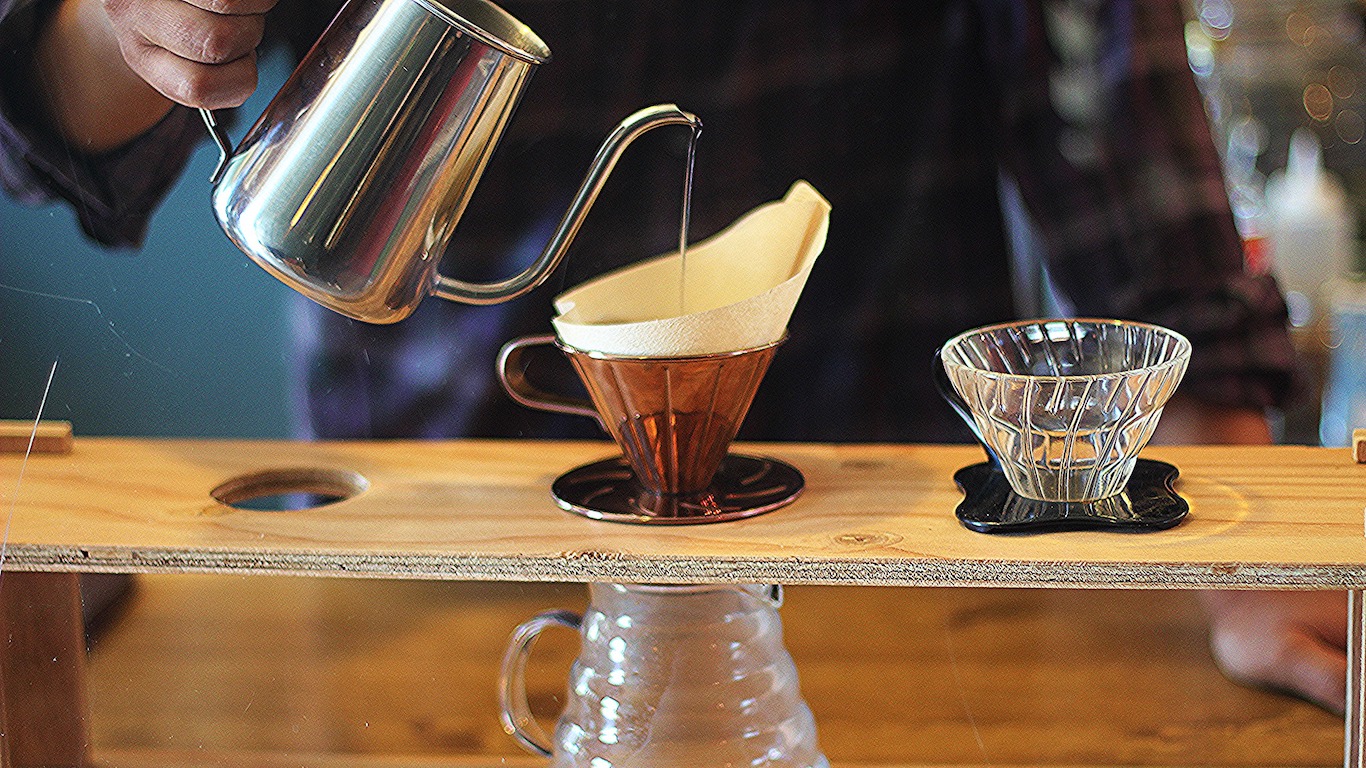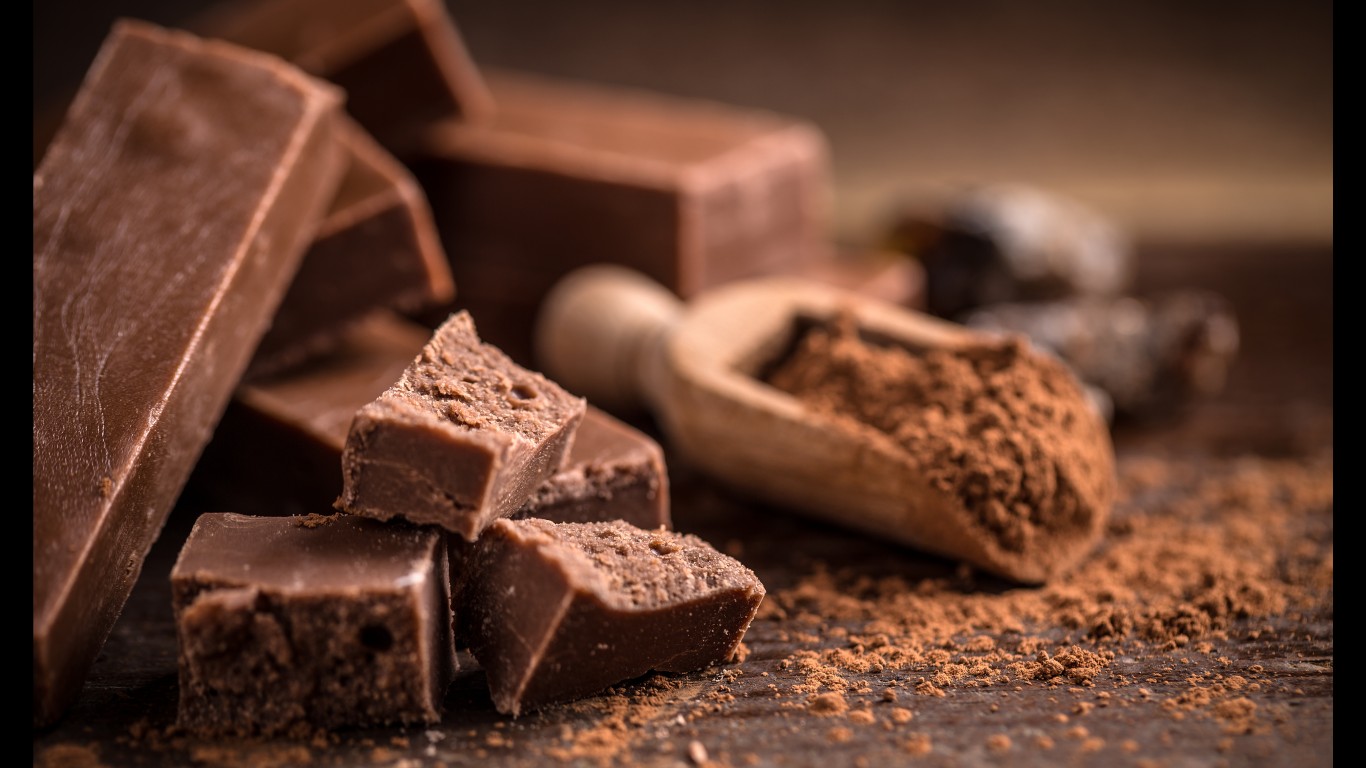

So, you’re looking for a better chocolate that doesn’t taste like wax? Perhaps you want a chocolate that doesn’t mistreat and underpay those who work on the bean farms or lie about being fair trade on its packaging? Maybe, just maybe, you want to indulge in some chocolate treat without worrying that the ingredients include child labor and exploitation? Doing so might sound simple, but it is actually much more difficult than it seems.
There are many reasons you might be investigating the background of the chocolate you eat, not least of which are health reasons. What started out (and yet remains in some places) as a sacred drink used in ceremonies and healing rituals has become a snack full of sugar and unhealthy ingredients. But besides your health, there is a growing movement to stop buying chocolate (among other products) that is the result of exploitative practices, unethical businesses, and slave labor. So, with that in mind, here are 8 chocolate brands to avoid.
Background on Chocolate in America
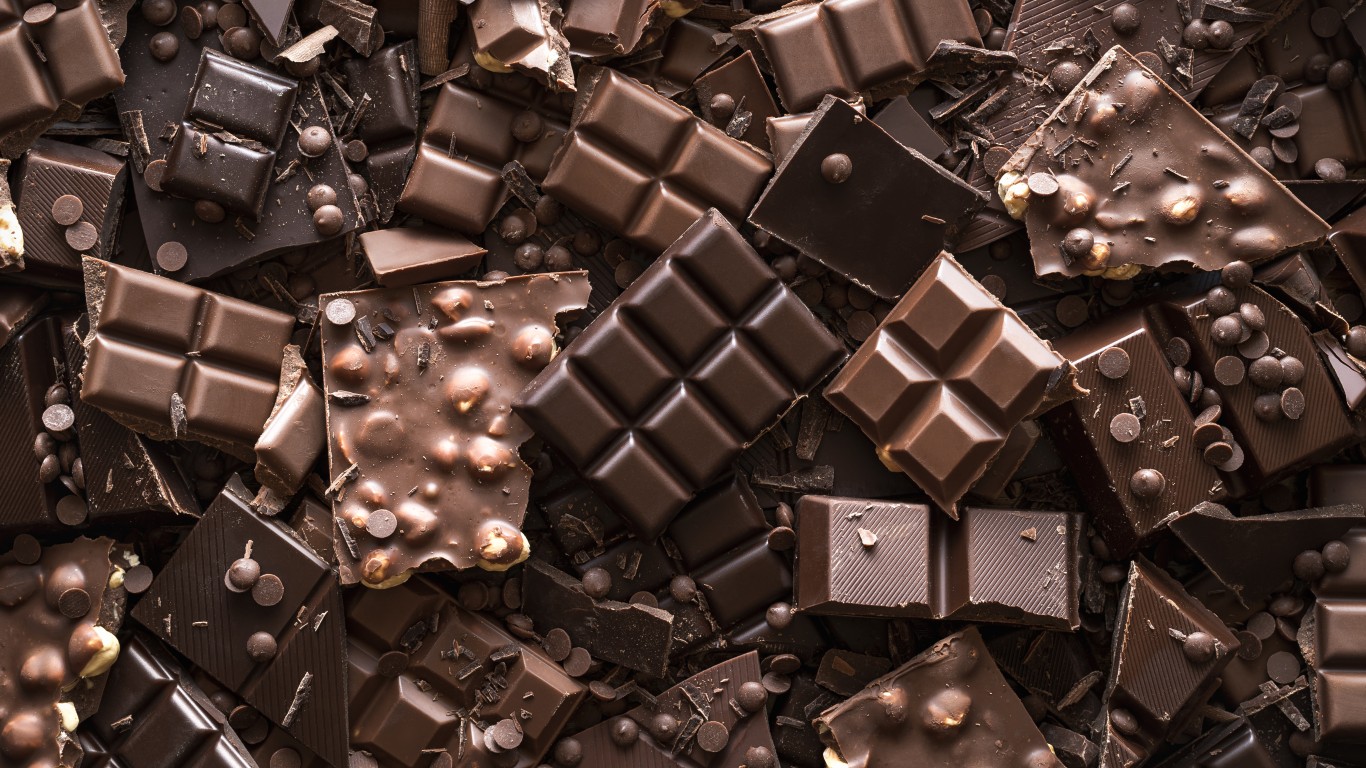
You might feel like all the chocolate companies on this list constitute all the chocolate available at your local supermarket. And, well, you might be right. Just three companies, Hershey, Nestlé, and Mars, control 35% of the chocolate production for the entire world, and much more in North America. Like most large American companies that dominate their industry, these chocolate companies do anything to retain that control, undermine competitors, and exploit poor and vulnerable communities and environments to increase their bottom line.
Even in the store, when you are comparing the labels of different chocolate brands to see which one you should buy, you need to be careful. There is no independent body that requires all chocolates to adhere to a certain ethical or environmental standard. All of the stickers or logos on the wrapper of a chocolate bar are put there by the company itself, regardless of their actual human rights or environmental history. Naturally, not all of the claims made on the wrapper of every chocolate bar are 100% honest.
That being said, while it might be discouraging to read this list and feel like you can never enjoy chocolate ever again. There is hope. There are alternative chocolate companies that do not exploit poor communities, destroy the environment, or use child labor. These include companies like Tony’s Chocolonely, Alter Eco, Divine, Theo Chocolate, Shaman, Equal Exchange, and more. Of course, compensating farmers and workers fairly includes paying more for your chocolate in the store. That’s a decision you will have to make as you peruse the candy aisle: are you comfortable paying less for chocolate you know causes suffering, or is an extra dollar worth it so you can enjoy your snack guilt-free?
Additionally, there are many other companies that source their chocolate unethically or from inhumane farms, but they largely fly under the radar as the largest companies make the headlines. If you are serious about making sure your money goes to companies that embody your values, we encourage you to research the brands you support. Packaging and marketing is misleading (on purpose), so look to government organizations and published investigations to find what truths the companies are trying to hide.
For this list, we will include only some of the companies that sell chocolate in North America that you should avoid, because there are many. Doing an analysis of every chocolate company in the world would not make for fun reading. We will use each company’s human rights record, promises kept and promises broken, and how they currently manufacture their business as a guide.
1. Mars
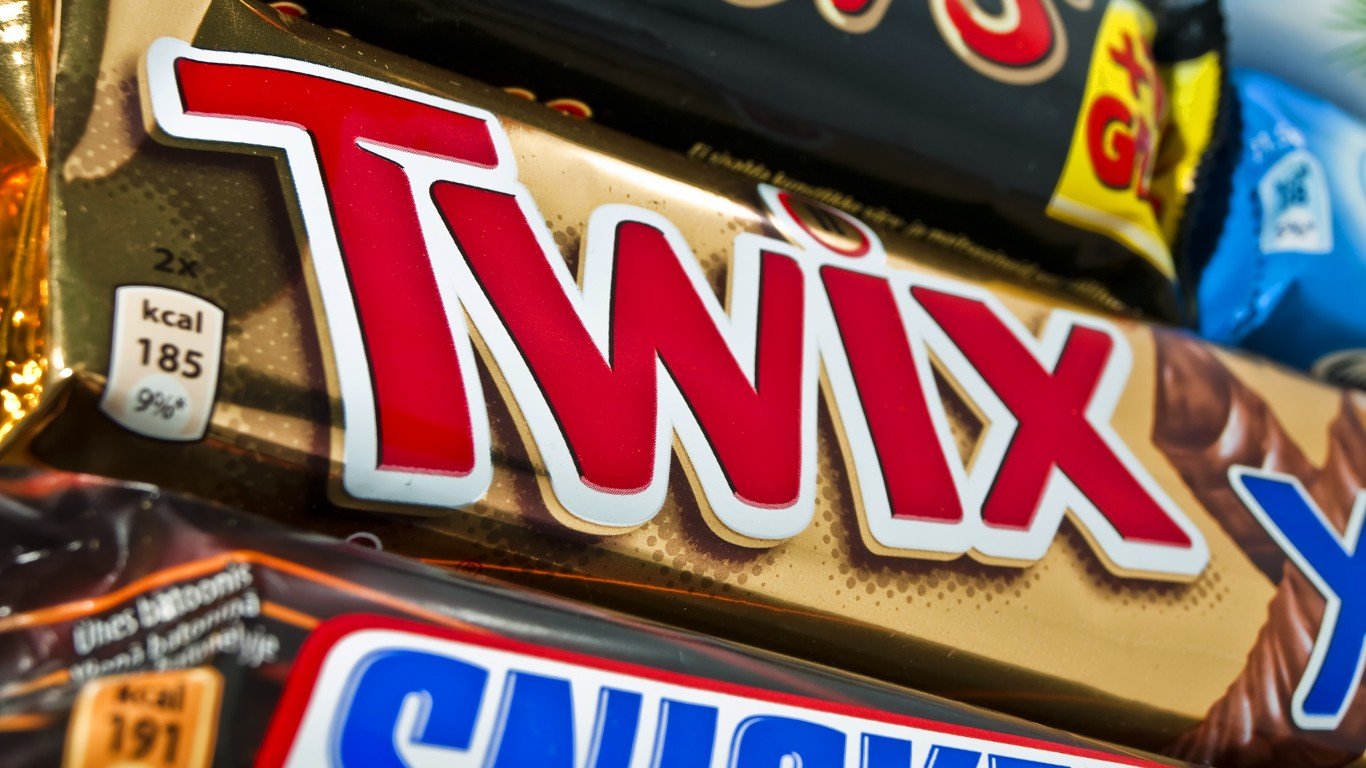
Mars Inc. produces candy, pet food, and animal care products. They were the fourth-largest private company in the United States as of 2022 and is still owned by the family who founded the company in 1911, the Mars family.
Why should you avoid Mars chocolate? While the company has made promises to change the way it produces chocolate, those promises remain unfulfilled. In 2001, the Washington Post wrote that their promises to eliminate chocolate made by slave labor from their factories were not kept. Mars revised their deadline to do so to 2005, then 2008, then 2010, and finally 2020. None of these deadlines were met.
Mars has faced criticism for decades about buying cocoa beans from farms in West Africa that use unpaid and underpaid child laborers. In 2019, Mars said that they could not, and would not, guarantee that any of their chocolate products were free from child slave labor, since they were able to trace barely 24% of the cocoa they used, and were not willing to source from places that they could trace reliably.
In 2021, eight former child slaves from Mali filed a lawsuit against Mars (and Hershey, Nestlé, and other companies), saying that the company knew about their conditions and the source of the chocolate and actually aided and supported their enslavement. Allegedly, Mars knowingly enslaved the children. The United States Supreme Court dismissed the lawsuit because it happened outside the United States.
A 2023 CBS investigation found that children as young as five years old were working in the Mars supply chain in Ghana in dangerous and deadly conditions.
In 2017, it was discovered that Mars was sourcing cocoa from illegal farms in protected national parks in the Ivory Coast and Ghana.
In 2023, Mars was listed with one other food company, PepsiCo, as an international sponsor of the war in Ukraine by continuing to do business and pay taxes in Russia.
2. Nestlé
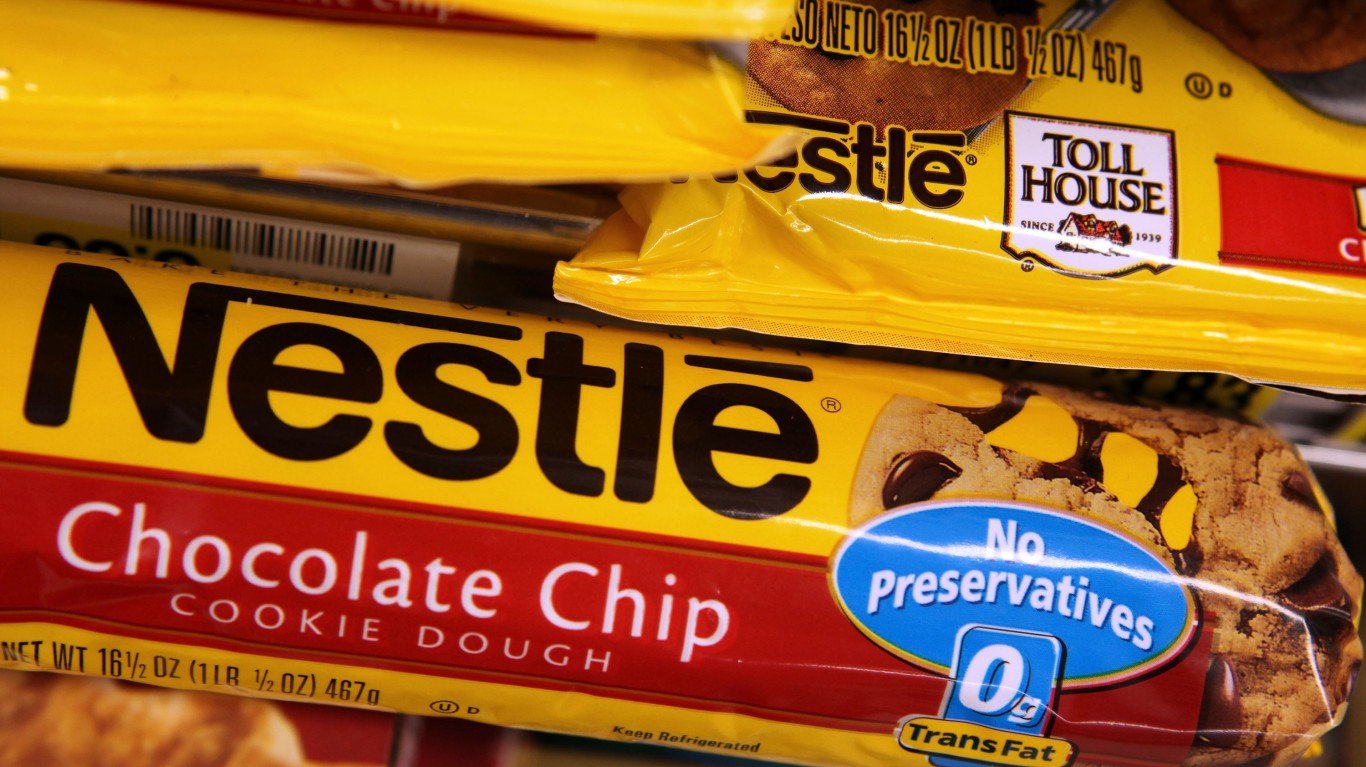
If you want to find an example of a large corporation misusing its power, look no further than this Swiss mega-conglomerate. Nestlé is the largest public food company in the world and is 33rd among the largest public companies overall. Nestlé produces baby food, bottled water, coffee, tea, desserts, frozen foods, and pet foods, and owns a large stake in L’Oreal. In all these industries it has faced criticism and lawsuits for its behavior and unethical practices.
Nestlé’s behavior in any other market should be enough to dissuade anyone from buying their chocolate, but we will focus just on their chocolate production for now.
The company has faced lawsuits and widespread criticism for its use of slavery, child labor, and child trafficking in its chocolate production. It has consistently misled the public by promising to phase out child labor from its process but does not. It formed an organization meant to address slave labor in the industry, with other food and chocolate companies, but that organization has no actual power to verify or hold companies accountable to their promises. Repeatedly, Nestlé has been called out for breaking its own promises and misleading the public about doing anything to eliminate inhumane practices on its farms. Allegedly, when reporters or inspectors visit farms that supply Nestlé, the company has instructed them to hide evidence of child labor and exploitation.
3. Hershey
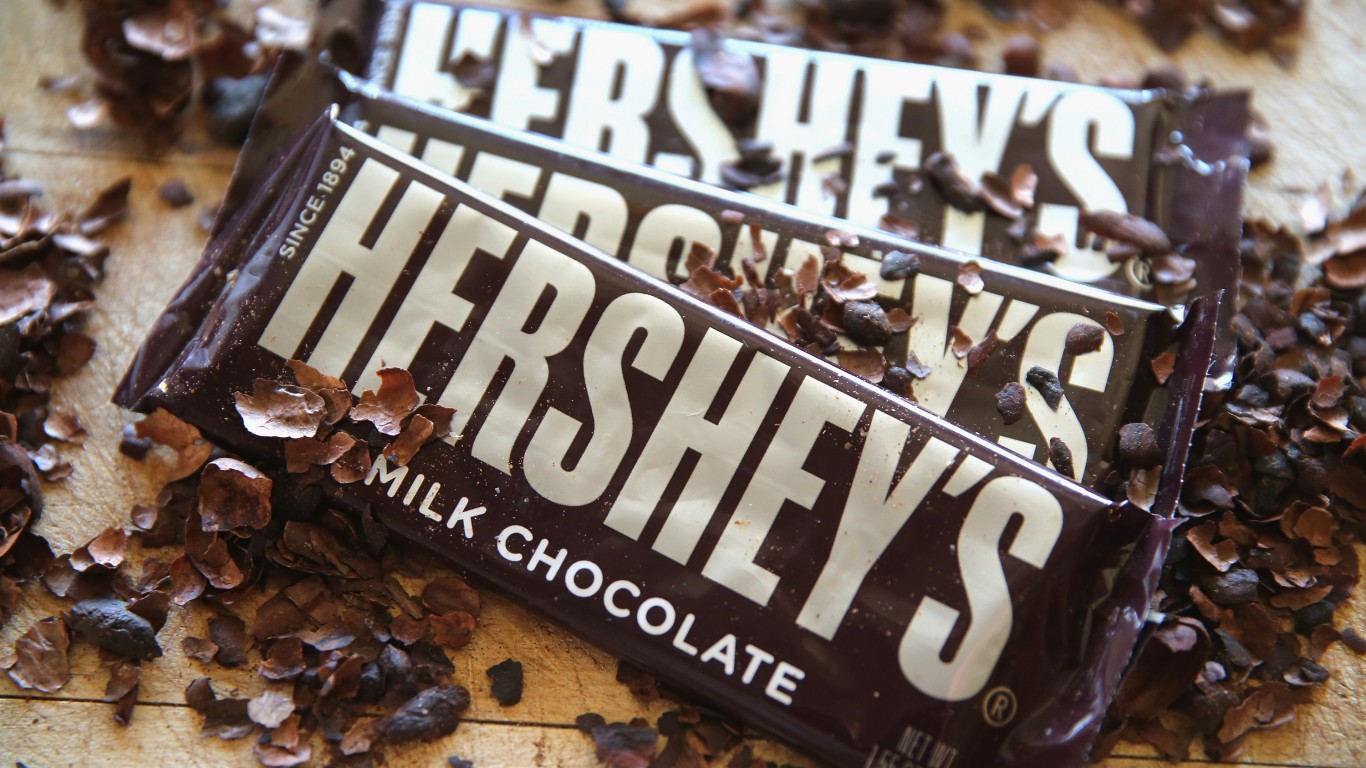
The Hershey Company (NYSE:HSY) was founded in 1894 and has become one of the largest chocolate companies in the world. Hershey uses a secret process to make their chocolate, but part of it includes lipolysis, which produces butyric acid in the chocolate, making it tangy and overpowers the flavor of the cocoa. Foreigners who taste Hershey’s chocolate for the first time do not like it, and it has been compared to the smell and taste of vomit in the United Kingdom.
In 2006, ABC News discovered that many Hershey’s “chocolate” bars and products aren’t technically chocolate. The company had begun to replace the cocoa butter in their chocolate with vegetable oil, so they no longer qualified as chocolate according to the FDA. Hershey got around this by calling their products “chocolate candy” and “chocolatey”.
Hershey has repeatedly lagged behind other large chocolate companies in making and keeping promises to reform its chocolate-making process. The problem with Hershey’s chocolate got so bad, in fact, that Whole Foods Market announced that they would stop selling Hershey’s Scharffen Berger brand of chocolate because it was not fair trade and used child laborers and Hershey had refused to address the issue. In response, Hershey announced that they would transition to 100% certified cocoa by 2020 and would eliminate child labor on their farms. However, in 2019, Hershey said that they would not guarantee that their chocolate products were free from slave labor since they could only trace about 50% of the cocoa they use.
After this, an anonymous company began buying enormous amounts of cocoa on the futures market, sending the price of cocoa up by over 30%. Industry farmers blamed Hershey since there was now absolutely no way to verify where the cocoa was coming from.
In 2022, Hershey was listed in a lawsuit that alleged that Hershey knew about high levels of lead and cadmium in their chocolate but refused to warn their customers.
4. Mondelez
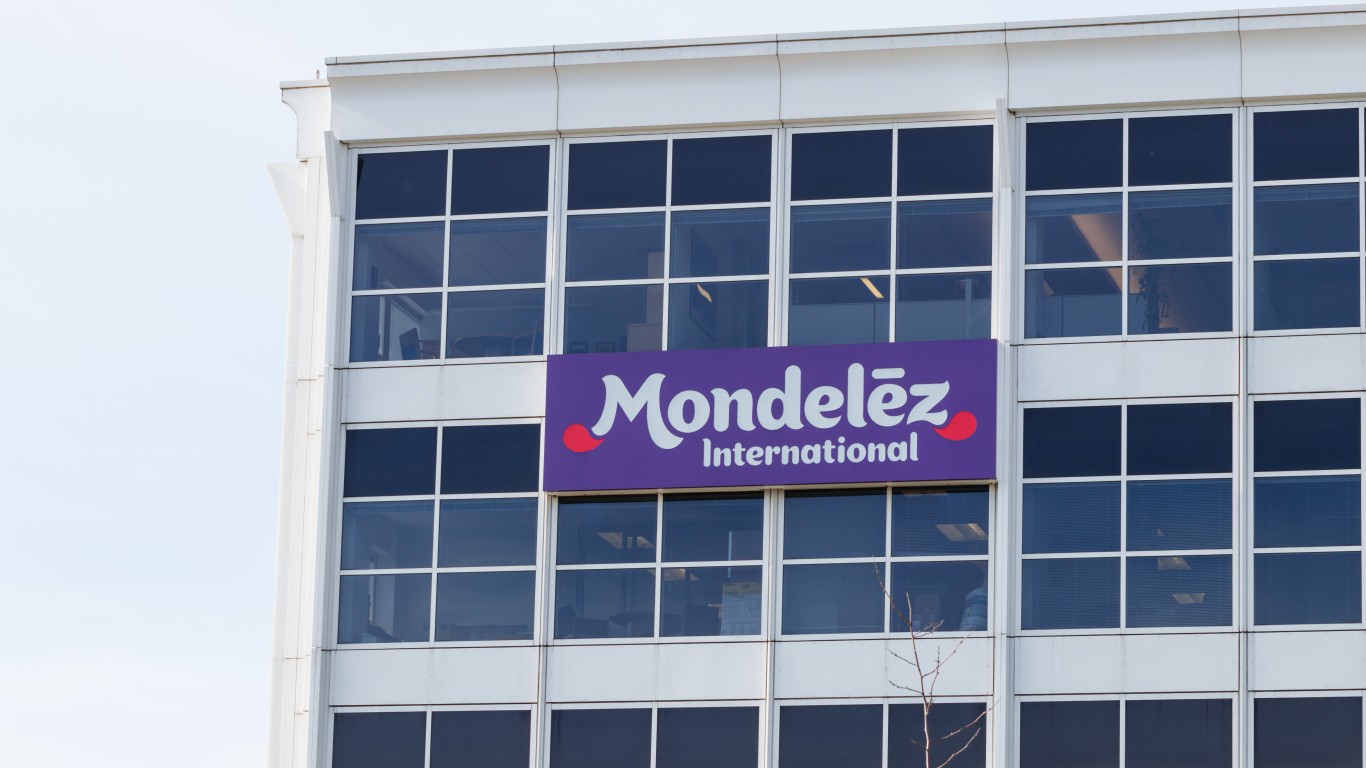
If you’ve never heard of Mondelez International, Inc., you’re not alone, but you have almost certainly eaten their products. It is the 108th largest U.S. company by revenue and operates in over 160 countries. Its brands include Chips Ahoy!, Oreo, Nabisco, Sour Patch Kids, Toblerone, Dentyne, Halls, Tang, Cadbury, and many more.
Along with the other members on this list, Mondelez is guilty of knowingly supporting and participating in deforestation, child labor, slave labor, child trafficking, and unfair and unethical business practices when it comes to its chocolate production.
They were included in the 2017 investigation that found that a majority of the cocoa Mondelez uses was grown illegally in national parks in Africa and that up to 90% of the land in these national parks had been converted into cocoa farms. This deforestation by Mondelez has pushed chimpanzees out of protected areas and reduced the elephant population (from hundreds of thousands to just 200) in the region. In 2018, it was found that 22 of their palm oil suppliers had destroyed 170,000 acres of rainforest.
They were included in the 2021 lawsuit brought by eight former child slaves, accusing the company of knowingly profiting from their suffering. On Mondelez’s Cadbury farms, children as young as 10 were found to be working in dangerous conditions without protective clothing.
Mondelez continues to do business in Russia despite other companies leaving the country because of its war against Ukraine. It was declared by the NACP to be an international sponsor of war.
5. Godiva
Godiva is a private Belgian chocolate company owned by a Turkish conglomerate company, Yıldız Holding, the largest consumer goods company in Turkey. A South Korean private equity company, MBK Partners, bout the Godiva Japan division of the company, along with one of the Belgium production facilities. Godiva has over 650 stores around the world and used to have 128 stores in North America before deciding to close all of them due to decreased sales, in part due to the pandemic. Most of the chocolate sold in the United States is actually made in Turkey even though they operate a factory in Pennsylvania.
Godiva continues to source cocoa from illegal farms using child labor and slave labor. Their farms also destroy the environment in which they operate. They have no labor certifications for their products, not even those meaningless certifications produced by chocolate insiders. They have not made any efforts to certify the source of their cocoa, and have given no updates on their initial promise to be 100% slave-free by 2020. They are the only company to have received an F grade from Green America. Godiva’s chocolate has also been shown to be incredibly contaminated with nickel.
6. Ferrero
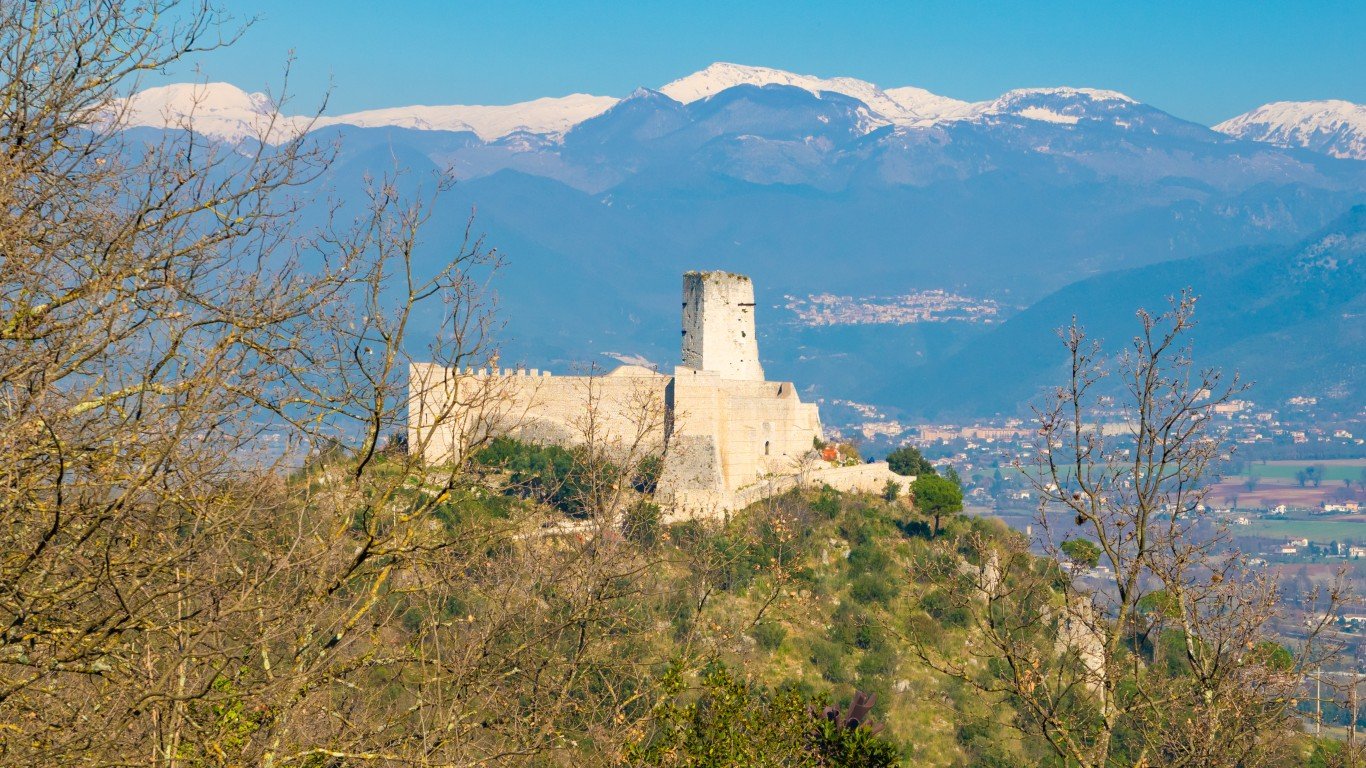
Ferrero is an Italian food company and the second-biggest chocolate producer in the world. It has been described as “one of the world’s most secretive” companies. It was founded by Pietro Ferrero in 1946 and continues to be owned by family member Giovanni Ferrero, and now includes 18 factories, 38 trading companies, and 40,000 employees. In addition to its chocolate products, Ferrero also produces 365,000 tons of Nutella each year.
Ferrero owns the Ferrara Candy Company which produces Baby Ruth, Crunch Bar, and Butterfinger. It also produces Kinder Surprise eggs (and all other Kinder products), Tic Tac mints, and many more chocolate and non-chocolate products.
Speaking of Butterfinger, next time you’re at the store, look at the packaging. You’ll never see the word “chocolate” used on it or about it, because technically it isn’t chocolate. Their chocolate-tasting coating is made from corn syrup, milk, vegetable oil, and some cocoa, but not enough to qualify as actual chocolate.
Ferrero received a D from Green America for its work to address child and slave labor. It has many self-awarded certifications for its chocolate but has made no real effort to trace its cocoa or eliminate inhumane farming practices from its sources.
7. Lindt
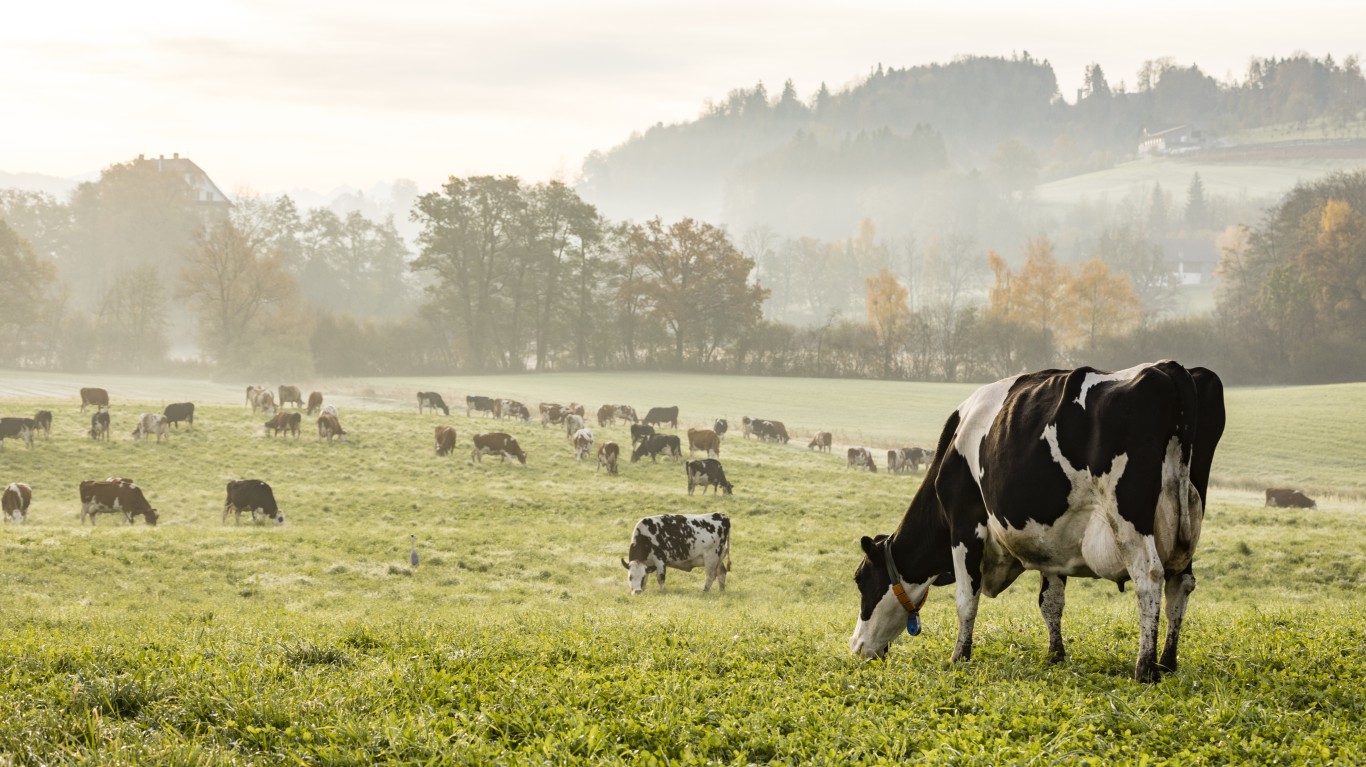
Lindt is a Swiss chocolate company. It was founded in 1845 originally only producing dark chocolate before making milk chocolate in 1934.
Lindt is generally seen (due to its marketing) as a luxury and “premium” chocolate company. However, the ingredients in some of its top-shelf products do not match that branding. Checking the back of their premium chocolate bars, you will see that the first ingredient is sugar, making their bars more like candy than actually good chocolate. Among chocolate connoisseurs, Lindt is just overpriced sugar.
The company also shares the same criticism and problems as the others on this list. Those being sourcing cocoa from illegal farms in the Ivory Coast and Ghana, and not fully certifying the source of its cocoa. In 2022 its dark chocolate showed higher amounts of lead and cadmium than was permitted in the United States.
8. R. M. Palmer

The “chocolate” candy produced by the R.M. Palmer Company is most famous for lining the shelves before Valentine’s Day in the form of heart-shaped treats in red foil. But we would recommend you buy your beloved something more meaningful that actually counts as chocolate.
R.M. Palmer produces “chocolaty” candy because they’re not allowed to call their products chocolate. Their most iconic romantic candy uses only one ingredient used in the production of chocolate: “cocoa (processed with Alkali)”. They also include other ingredients most people don’t want in their chocolate like vanillin (an artificial flavoring substance) and hydrogenated vegetable oil. Yum!
Besides their fake chocolate, R.M. Palmer made headlines in 2023 when their Pennsylvania chocolate factory exploded. According to accounts, workers at the factory reported smelling natural gas and alerted their manager. The manager shrugged off the complaints, saying that only someone with more authority could order an evacuation. That order never came and workers returned to their shifts before the factory exploded, killing seven people and injuring ten more. The company did nothing to help the families of the victims and one of the survivors sued the company later that year for criminal negligence and recklessness.
Smart Investors Are Quietly Loading Up on These “Dividend Legends” (Sponsored)
If you want your portfolio to pay you cash like clockwork, it’s time to stop blindly following conventional wisdom like relying on Dividend Aristocrats. There’s a better option, and we want to show you. We’re offering a brand-new report on 2 stocks we believe offer the rare combination of a high dividend yield and significant stock appreciation upside. If you’re tired of feeling one step behind in this market, this free report is a must-read for you.
Click here to download your FREE copy of “2 Dividend Legends to Hold Forever” and start improving your portfolio today.
Thank you for reading! Have some feedback for us?
Contact the 24/7 Wall St. editorial team.
